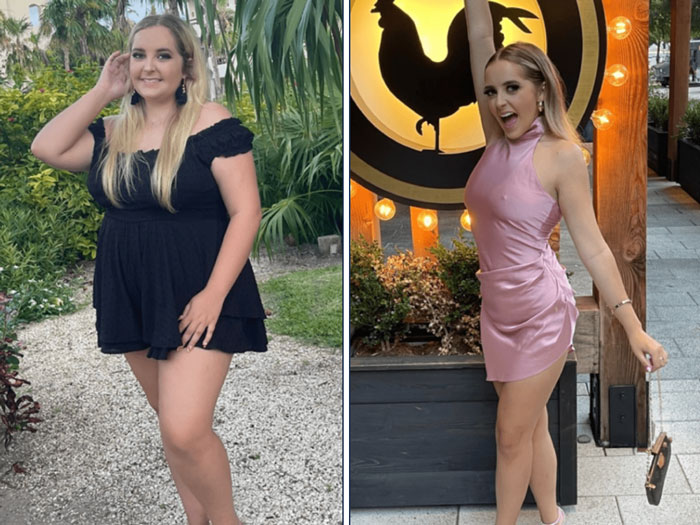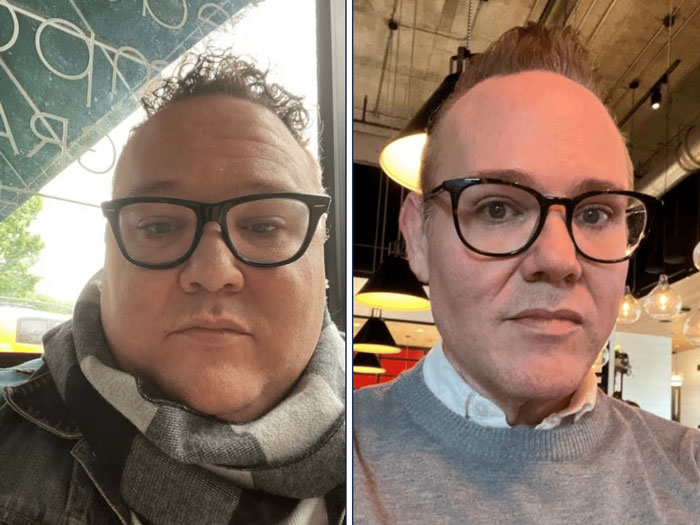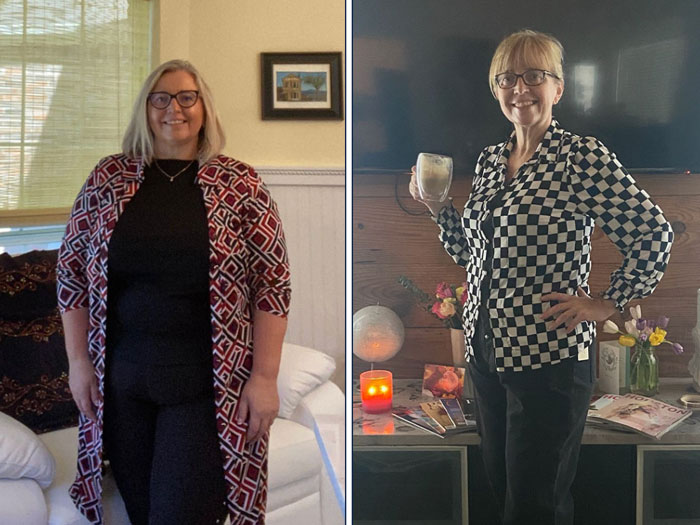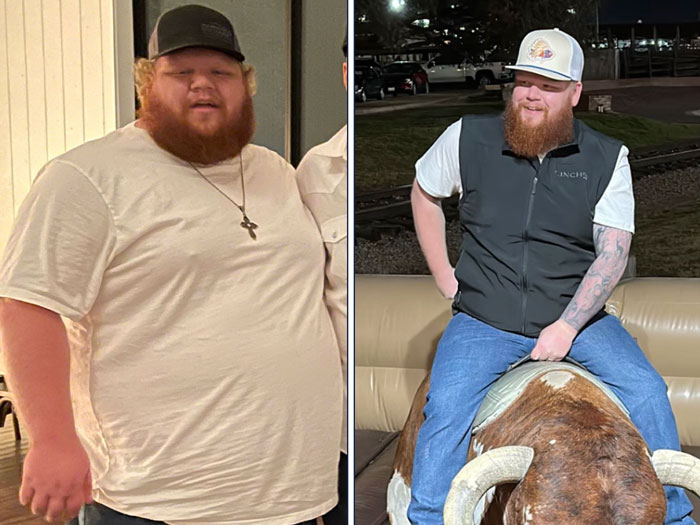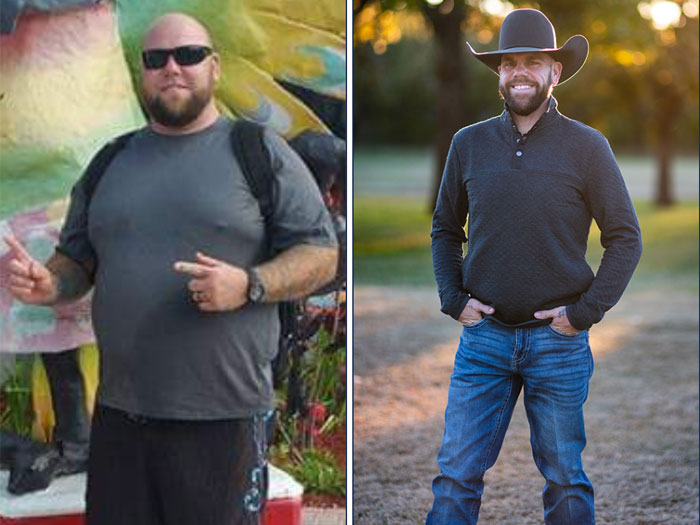Gastric bypass, performed by Dr. Chad Carlton, is a minimally invasive weight-loss surgery that changes how your stomach and small intestine handle food. This procedure helps you lose weight and can improve various related health conditions.
*Actual Successful & Satisfied LoneStar Patient
Shrink Your Stomach & Reduce Caloric Absorption
Gastric bypass in Plano is a minimally invasive weight loss surgery that alters how your stomach and small intestine process food. During the procedure, Dr. Carlton creates a small pouch in your stomach and reroutes part of your small intestine. This change reduces the amount of food you need to feel full and affects gut hormones that control blood sugar, hunger, and fullness. As a result, gastric bypass can help you lose 60-80% of your excess body weight and improve various health conditions, such as diabetes, high blood pressure, and high cholesterol.
5 Convenient Locations
Serving patients throughout North Texas, LoneStar Bariatrics offers five convenient locations to better meet your needs. Our regional presence allows us to provide flexible scheduling, easy access to care, and consistent results-driven treatment close to home.
Arlington | Dallas | Hurst | Plano | Waxahachie

Benefits of Gastric Bypass:
- Significant weight loss, typically 60-80% of excess body weight
- Improvement or resolution of type 2 diabetes
- Reduction in high blood pressure (hypertension)
- Lowering of high cholesterol levels (hyperlipidemia)
- Enhanced control of blood sugar levels
- Reduced hunger and increased feelings of fullness
- Improved overall health and quality of life
- Minimally invasive surgery with small incisions
- Faster recovery compared to open surgery
- Long-term maintenance of weight loss with proper lifestyle changes
How Does Gastric Bypass Work?
Gastric bypass surgery in Plano involves creating a small pouch at the top of your stomach. Dr. Carlton then connects this pouch directly to a lower section of your small intestine, bypassing a large part of your stomach and the upper portion of the small intestine. This reduces the amount of food your stomach can hold, meaning you feel full more quickly and eat less. The bypassed section of the small intestine also absorbs fewer calories.
Additionally, bypass surgery alters the hormones in your gut. These hormonal changes help improve blood sugar control, reduce hunger, and increase feelings of fullness. As a result, you are less likely to overeat, which supports long-term weight loss. This combination of reduced food intake, decreased calorie absorption, and hormonal changes makes gastric bypass an effective weight-loss solution for many people.
Am I a candidate for gastric bypass?
You might be a candidate for bypass surgery if you have a body mass index (BMI) of 35-39.9, along with a weight-related health issue or a BMI of 40 or higher. If you’ve tried losing weight through diet and exercise without success, gastric bypass in Plano could be an option. During your consultation, Dr. Carlton will evaluate your overall health, discuss your weight loss goals, and explain the risks and benefits of the surgery to determine if gastric bypass is right for you.
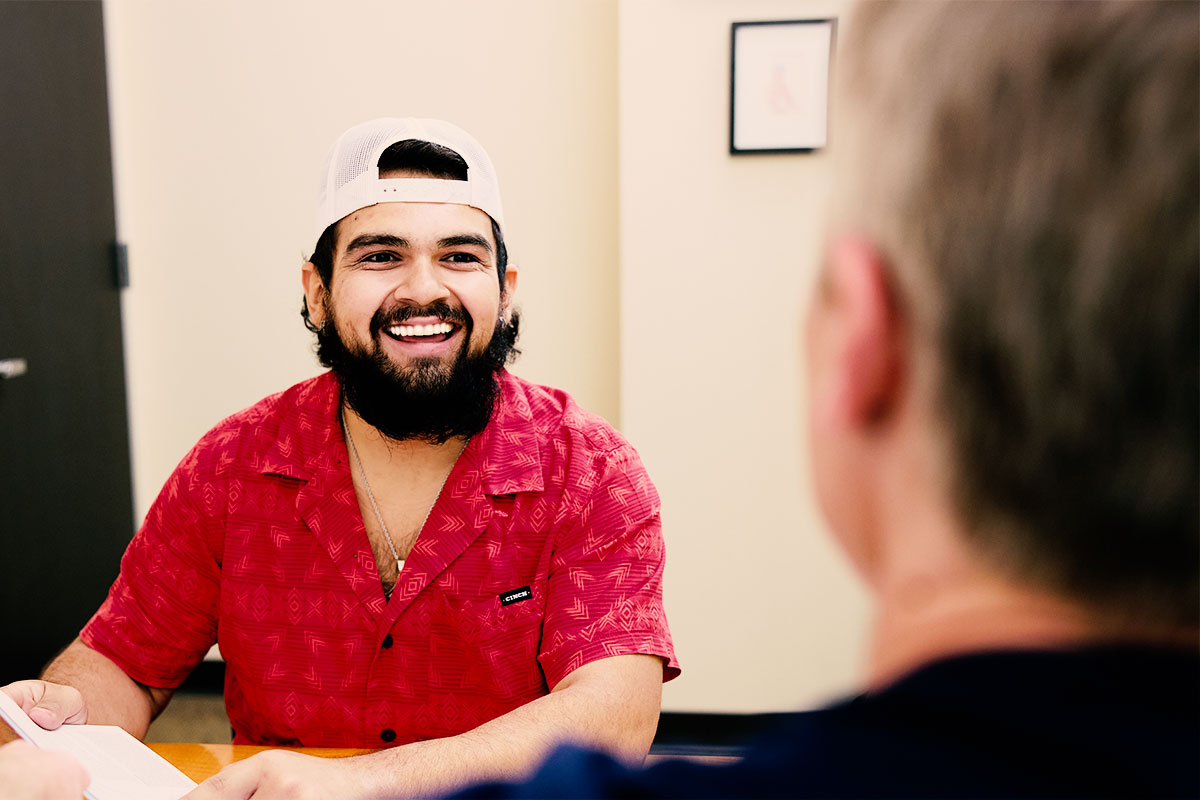
*Actual Successful & Satisfied LoneStar Patient
How Much Weight Can I Lose With Bypass Surgery in Plano?
With gastric bypass, you can expect to lose a significant amount of your excess body weight, typically between 60% and 80%. The exact amount varies depending on individual factors like your starting weight, adherence to dietary guidelines, and commitment to a healthy lifestyle. Dr. Carlton and the LoneStar team will provide you with the necessary support and resources to maximize your weight loss. Most patients see substantial weight loss within the first year after surgery, leading to improved overall health and a better quality of life.
Gastric Bypass FAQs
What Are the Potential Risks and Complications of Gastric Bypass Surgery?
Like any surgery, gastric bypass surgery in Plano comes with potential risks and complications. These may include infection, bleeding, blood clots, and adverse reactions to anesthesia. Long-term risks can include nutritional deficiencies, hernias, and gastrointestinal issues. Dr. Carlton will discuss these risks with you in detail and take all possible steps to minimize them.
Will I Need to Change My Diet After Gastric Bypass Surgery?
Yes, significant dietary changes are necessary after gastric bypass surgery. Initially, you’ll follow a liquid diet, gradually progressing to pureed and then solid foods over several weeks. You’ll need to eat smaller, more frequent meals and focus on nutrient-rich foods to ensure you’re getting enough vitamins and minerals.
Can Gastric Bypass Surgery Cure Type 2 Diabetes?
Gastric bypass surgery in Plano has been shown to significantly improve or even resolve type 2 diabetes in many patients. The changes in gut hormones and the reduction in food intake help to improve blood sugar control. Many patients experience a reduction or elimination of diabetes medications after surgery, but individual results can vary.
Is Gastric Bypass Reversible?
Gastric bypass is considered a permanent procedure. While it is technically possible to reverse the surgery, it is complex and comes with its own risks. It is important to consider gastric bypass as a lifelong commitment to a healthier lifestyle.

Why Choose Dr. Carlton?
Dr. Carlton is a board-certified bariatrics and general surgeon known for his charisma, compassion, and hands-on approach to patient care. From your first consultation to your recovery, our dedicated team supports you every step of the way, ensuring your needs are met throughout the process. Dr. Carlton is intimately involved in every aspect of your care and helps you achieve and maintain your weight loss goals. Schedule a consultation today to explore how gastric bypass in Plano can transform your life under the expert care of Dr. Carlton.
Contact LoneStar
Bariatrics Today
*Actual Successful & Satisfied LoneStar Patient


